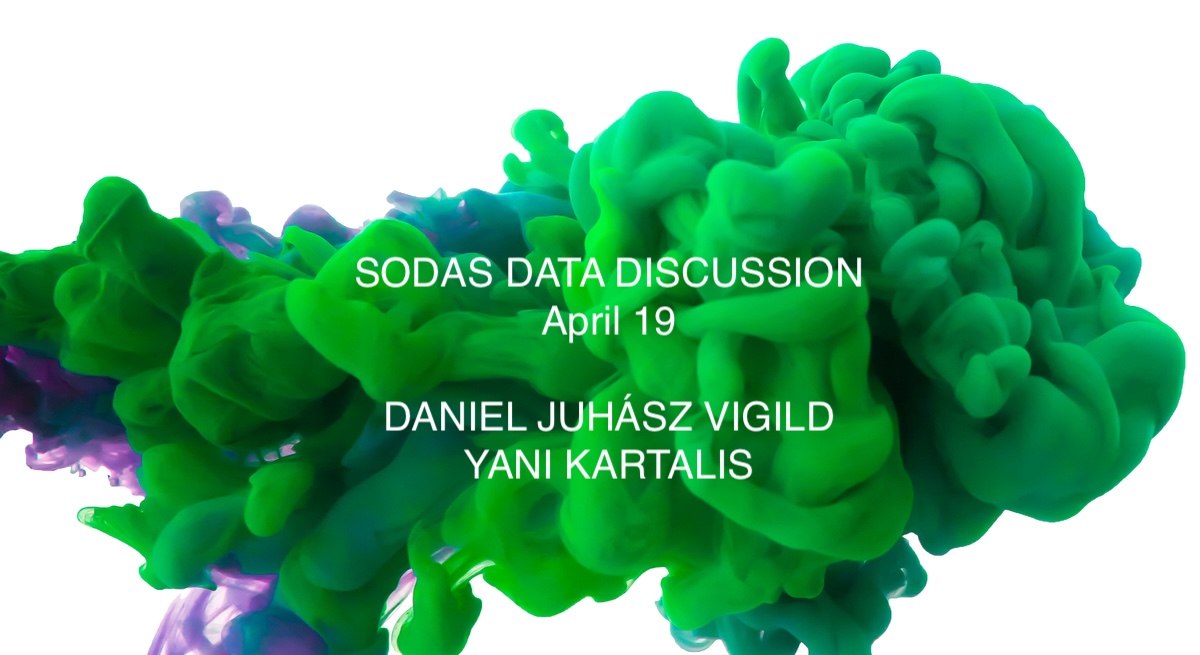SODAS Data Discussion #3 (Spring 2024)

Copenhagen Center for Social Data Science (SODAS) aspirers to be a resource for all students and researchers at the Faculty of Social Sciences. We therefore invite researchers across the faculty to present ongoing research projects, project applications or just a loose idea that relates to the subject of social data science.
Two researchers will present their work. The rules are simple: Short research presentations of ten minutes are followed by twenty minutes of debate. No papers will be circulated beforehand, and the presentations cannot be longer than five slides.
Discussion 1
Presenter: Daniel Juhász Vigild.
Title: Technology and Policing.
Abstract:
In this data discussion, I share my idea for a paper on the effect of adopting of new technology within Danish Police (POL-INTEL), with a focus on psychiatric outpatients. I will also share recent bumps on the road regarding data access and collaboration with the police, which may spark a more general discussion of how we do social data science on large scale machine systems that have societal impact, but where access to data is limited.
Discussion 2
Presenter: Yani Kartalis.
Title: Impact of the Economy on Congruence Between Manifestos & Speeches.
Abstract:
Studies have demonstrated that party promises are becoming less important for post-electoral parliamentary behaviour, especially in situations of macro-level economic hardship and external conditionality. We aim to test what scholars have dubbed as ‘democracies without choice’ by focusing on the parliaments of five European countries; Germany, Greece, Ireland, Portugal and Spain. We use a pooled panel of data comparing manifestos with post-electoral parliamentary speeches from 1996 to 2019. By leveraging a multilingual fine-tuned instance of an XLM-RoBERTa-Large model we compare manifestos and speeches to produce similarity scores. We then theorize the possible effects on this similarity measure. Each country’s macroeconomic performance but also conditionality enforced by supranational actors in contexts of crisis are tested. Findings suggest that both predictors reduce the congruence between manifestos and speeches.
